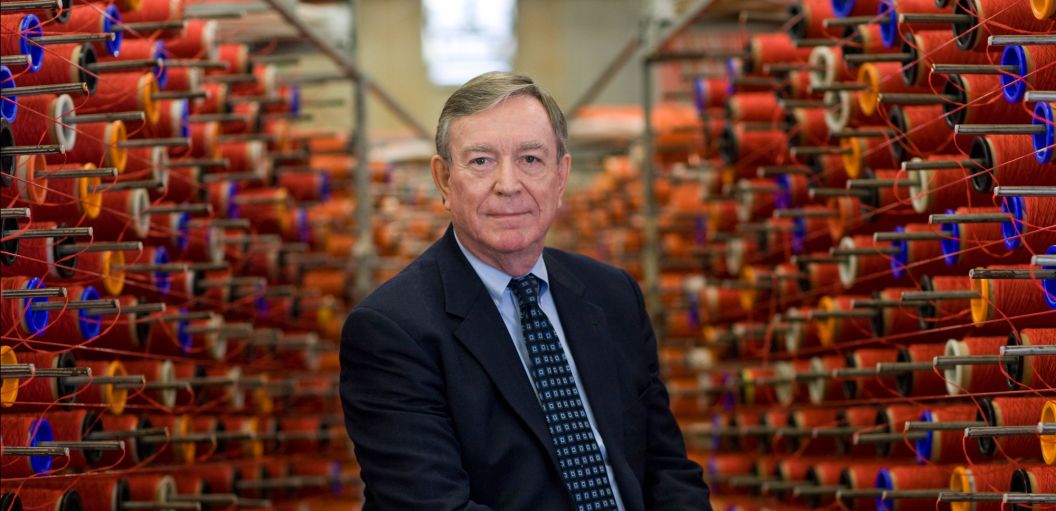I wanted to take some time to reflect on the documentary that we watched. Here are some of my key takeaways:
- Ray Anderson was a pioneer and leader in sustainability very early on, before any of these sustainbility concepts went mainstream. It truly amazed me that he had his second epiphany in 1994. That was before most of us were born! Way before there was any real concept of climate change and global warming. Flash forward to 2021, most major companies on the planet have some sort of sustainability initiative going on, as well as integrating the 2030 UN SDG’s into their businesses. I think Ray Anderson would have been proud to see how far the movement has gone today.
- Using business as the driver for innovation. I couldn’t agree more. Many of the luxuries we enjoy today have been a by-product of innovation from the business sector. Most coming from the industrial revolution. Combined with consumer demand and government pressure (in the form of carbon tax or research funding) I believe that business can really solve our generation’s greatest problems. The crux here is that we can make money while also do good. When David Suzuki described the economic value a tree could generate, I think it clicked for many of us as students in business school.
- Despite uncertainty with recession and economic downturn, Interface persevered and double downed on their values. Ray Anderson was able to get buy in from his entire company, knowing that “this was who they were.” This is extremely admirable because Interface were the only ones doing it and again, this concept hadn’t hit the main stream yet. They were a carpet company! Even today, I wouldn’t really associate sustainability with carpet tiling, so that was another lesson for me! Going back to the focus on values, I find it extremely important. It really defines a company. Just yesterday, Mark from Portable Electric came in and briefly mentioned how he has team working on finalizing the company’s values and that the ones listed really resonated with him, underscoring the importance of values.

Image Source: Ray Anderson Foundation
Those were just a few of my takeaways! I’m curious to hear what others thought of the documentary.
“The crux here is that we can make money while also do good.”
I wanted to highlight this comment in your reflection post. I was first introduced to the concept of social innovation in my first year at Sauder. Before that, I thought that charities that required donations were the only area of the economy that addressed social issues. The notion that businesses can address critical issues while actually becoming more profitable simultaneously is such a valuable dynamic. It’s like Adam Smith’s invisible hand – by acting in your own self-interest, you act in the best interest of society. By innovating and being long-term oriented in all decision-making, companies can cut costs, become more efficient, and create value for all stakeholders while creating value for themselves.